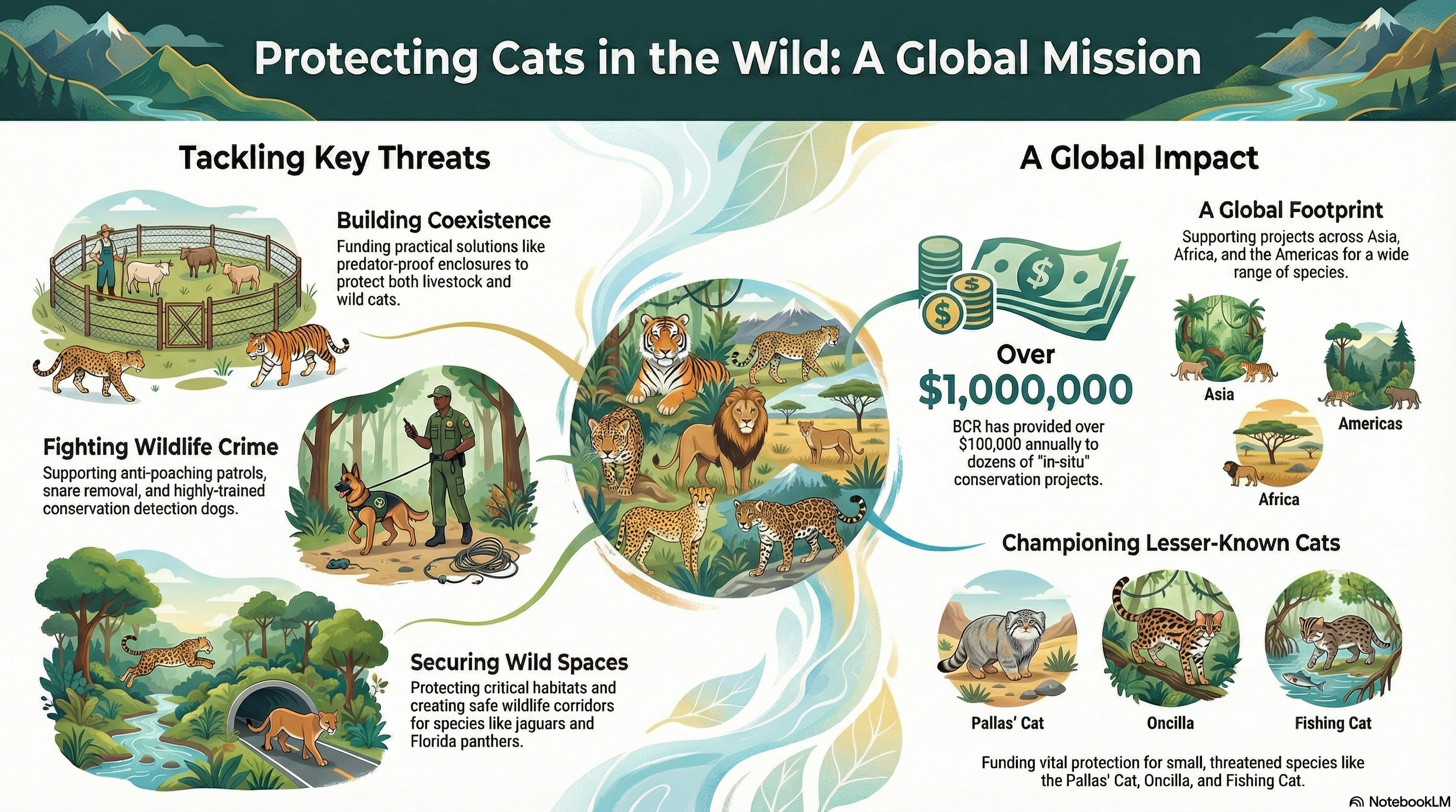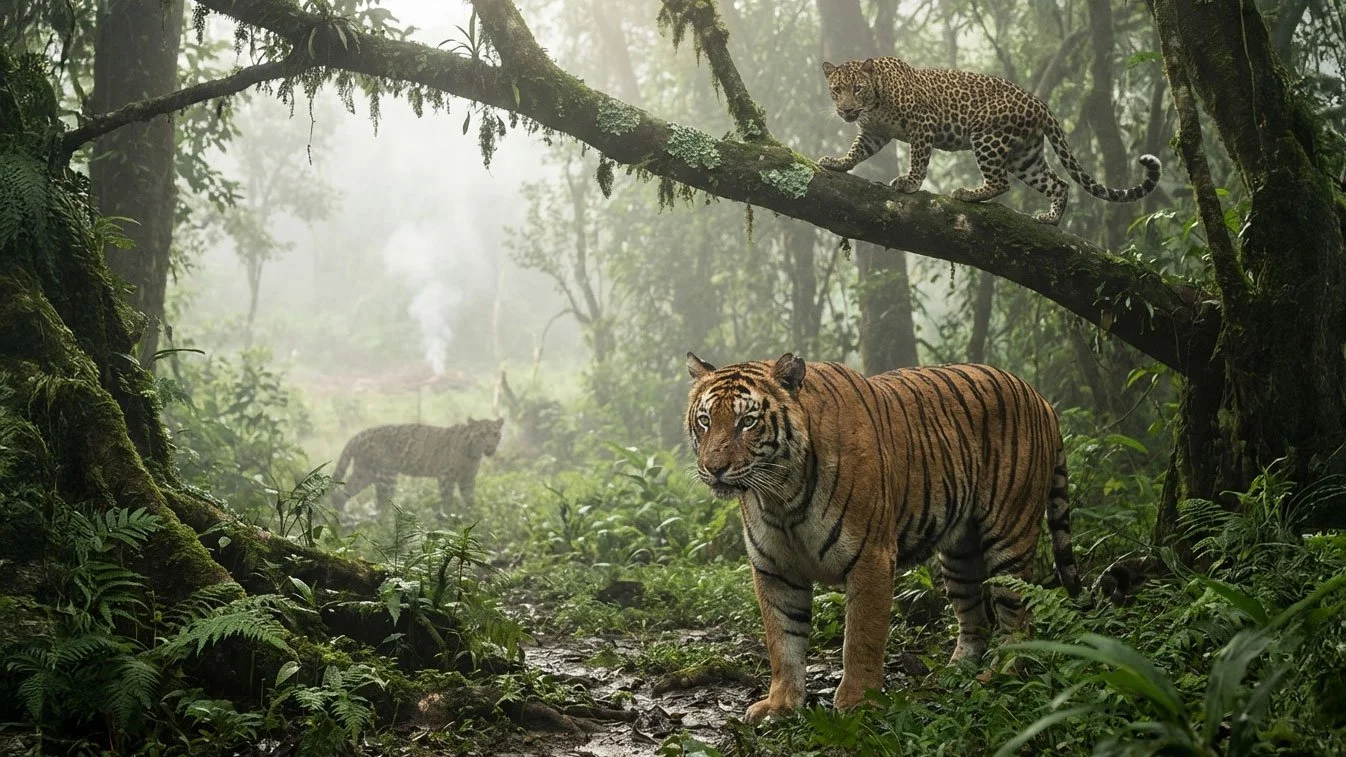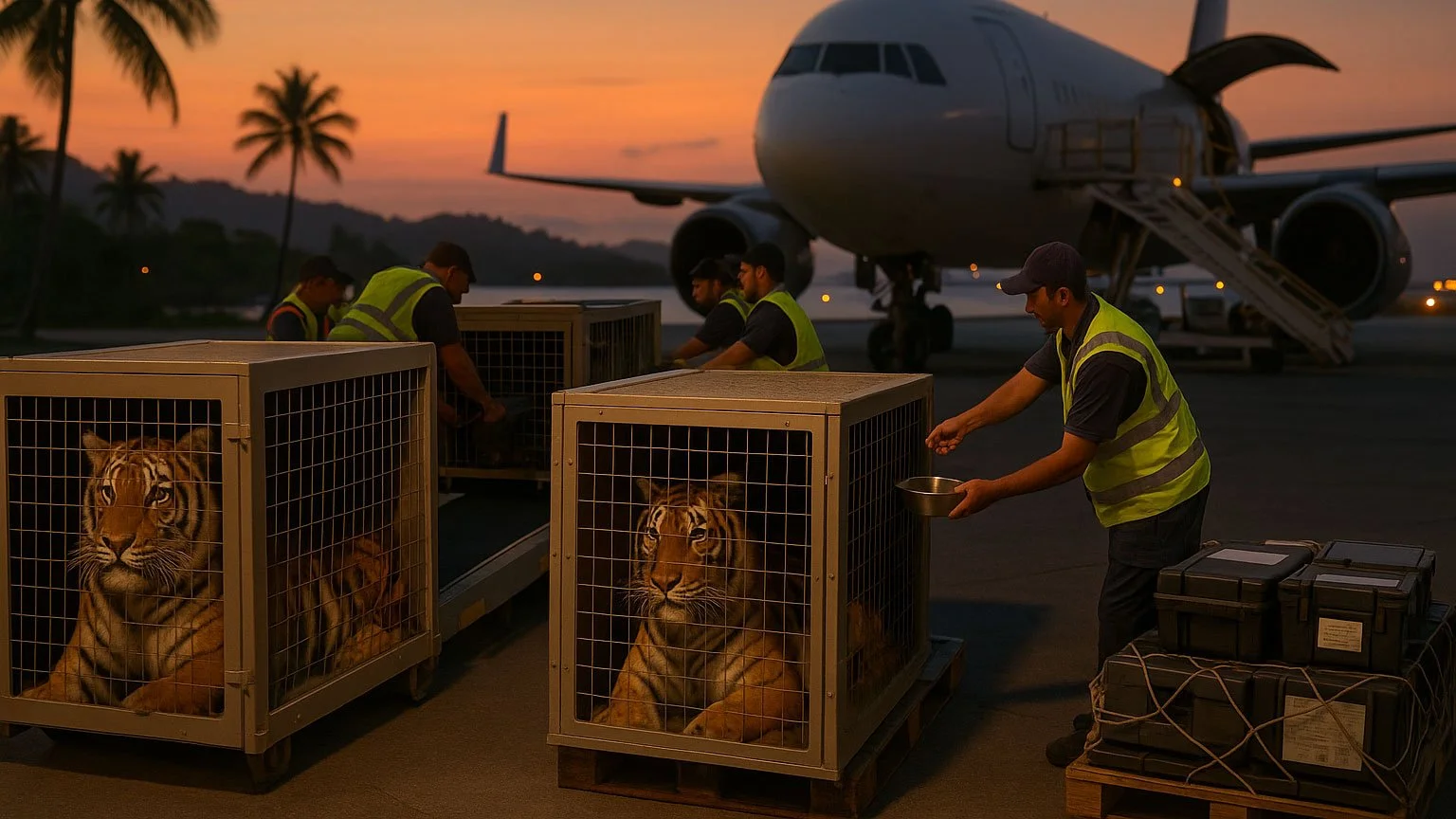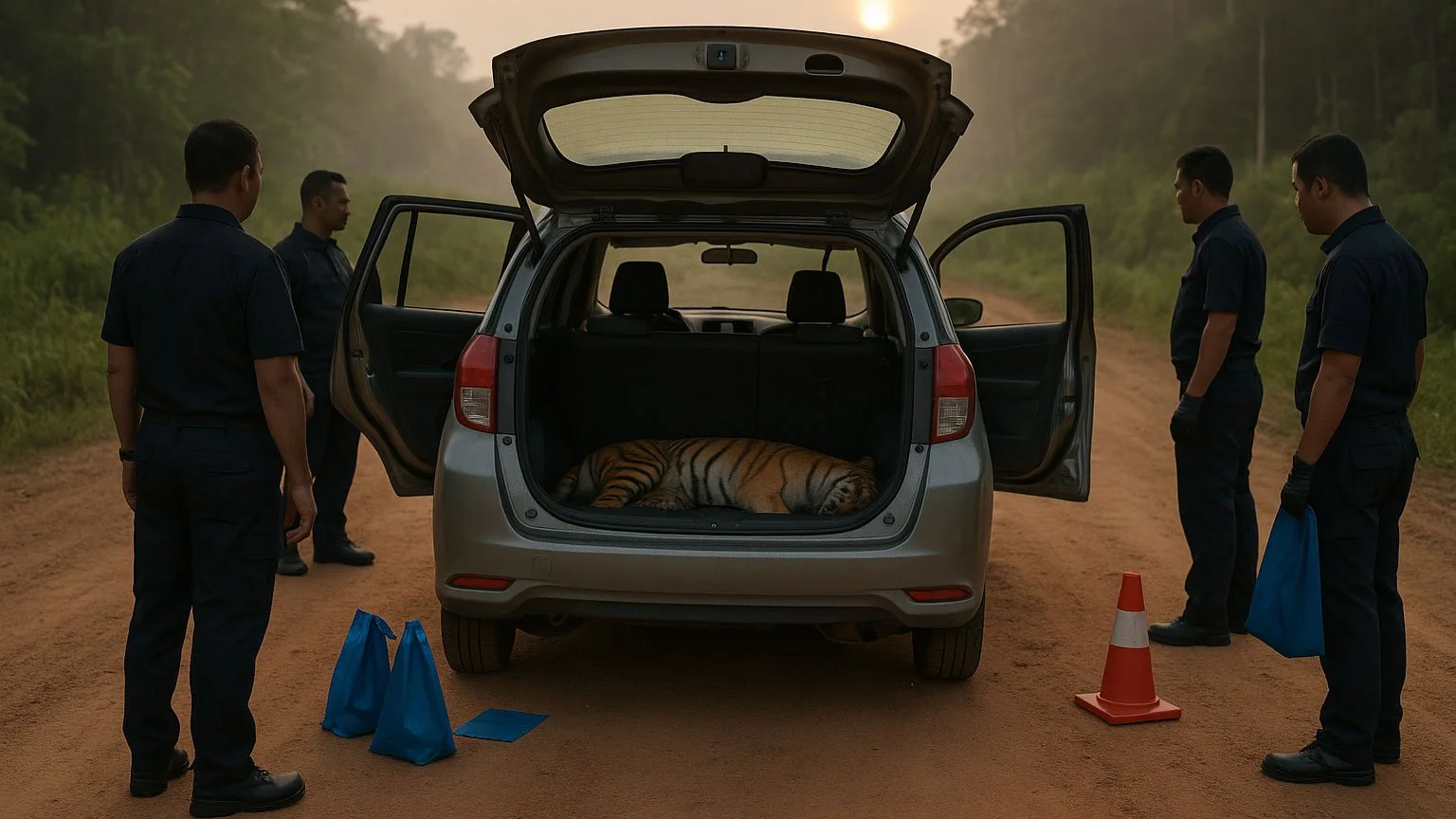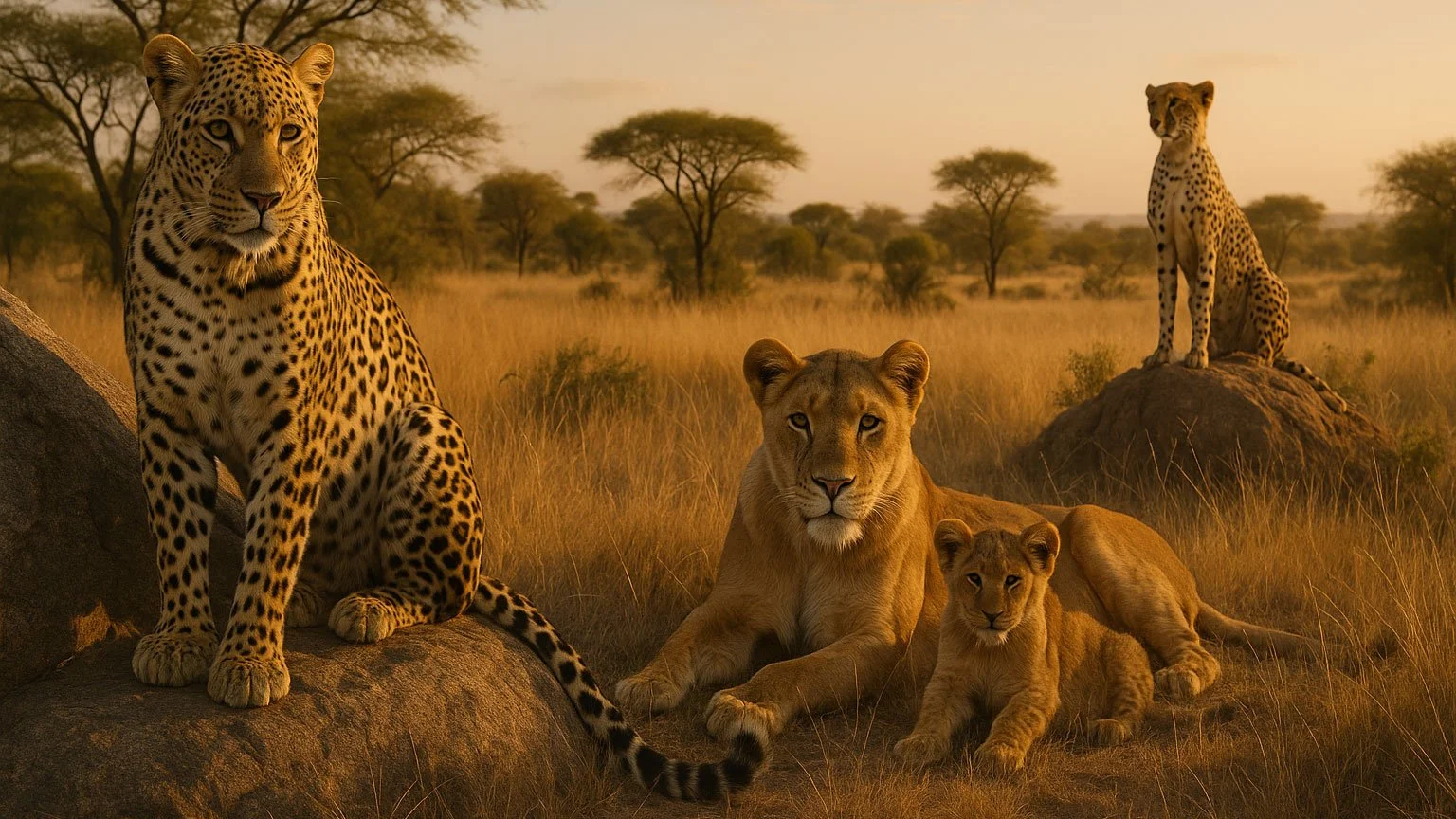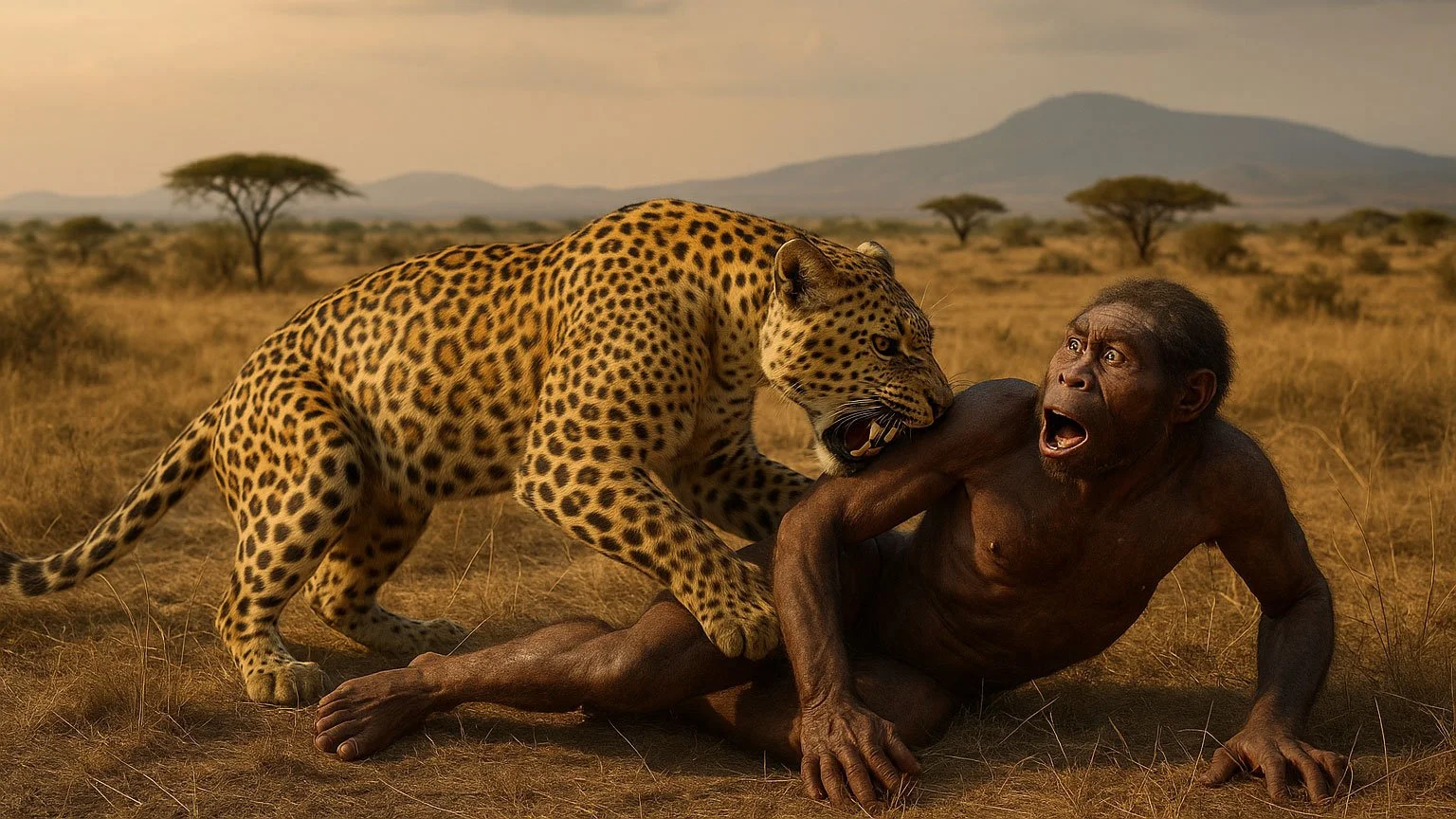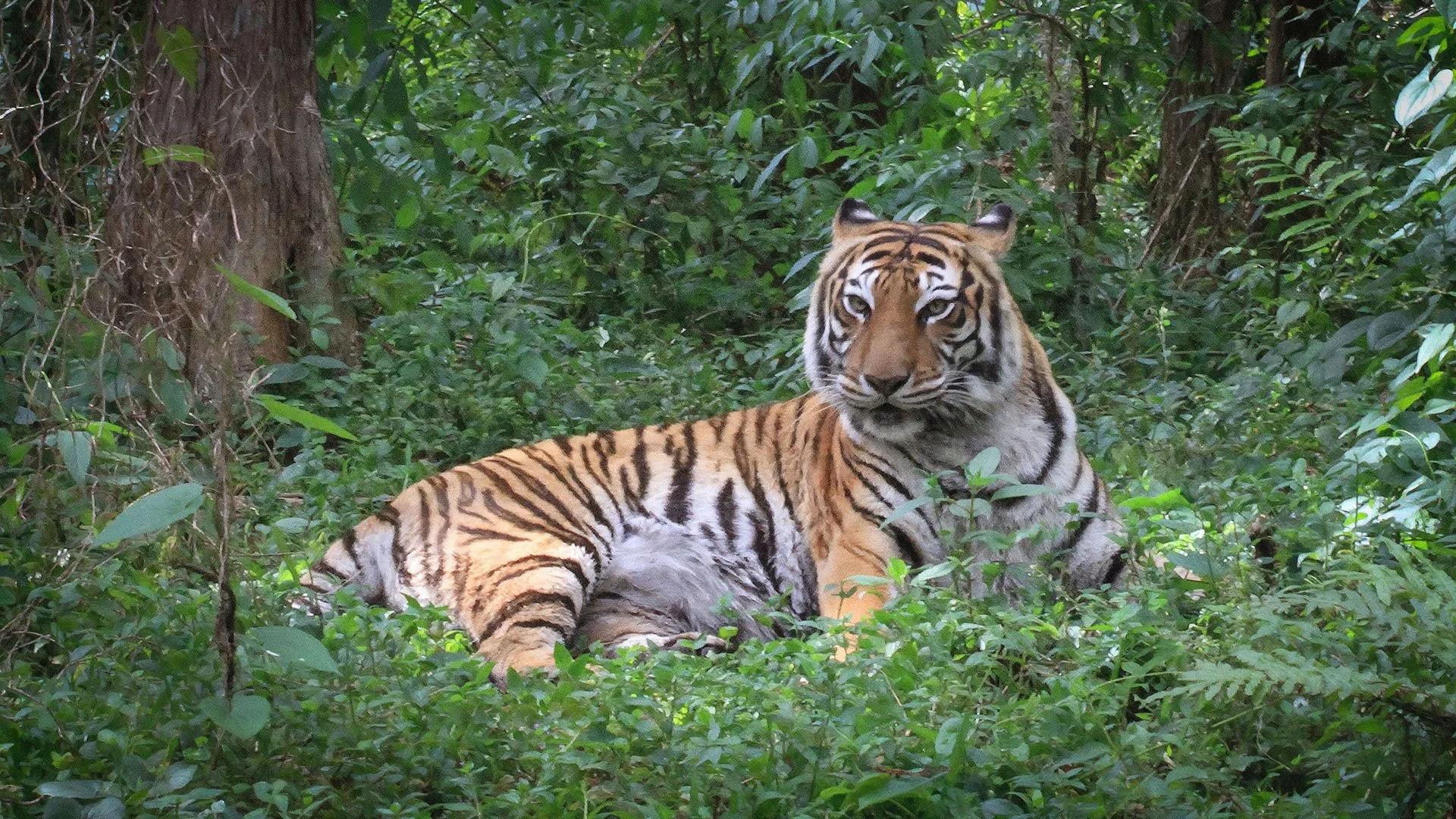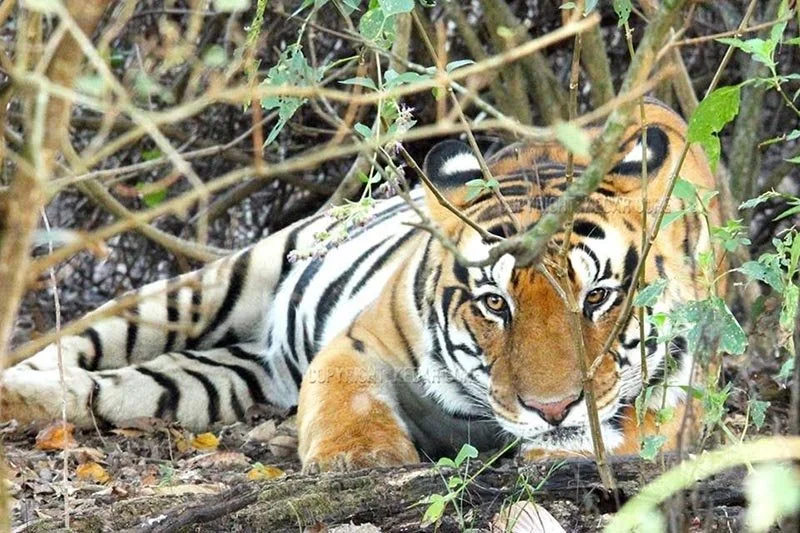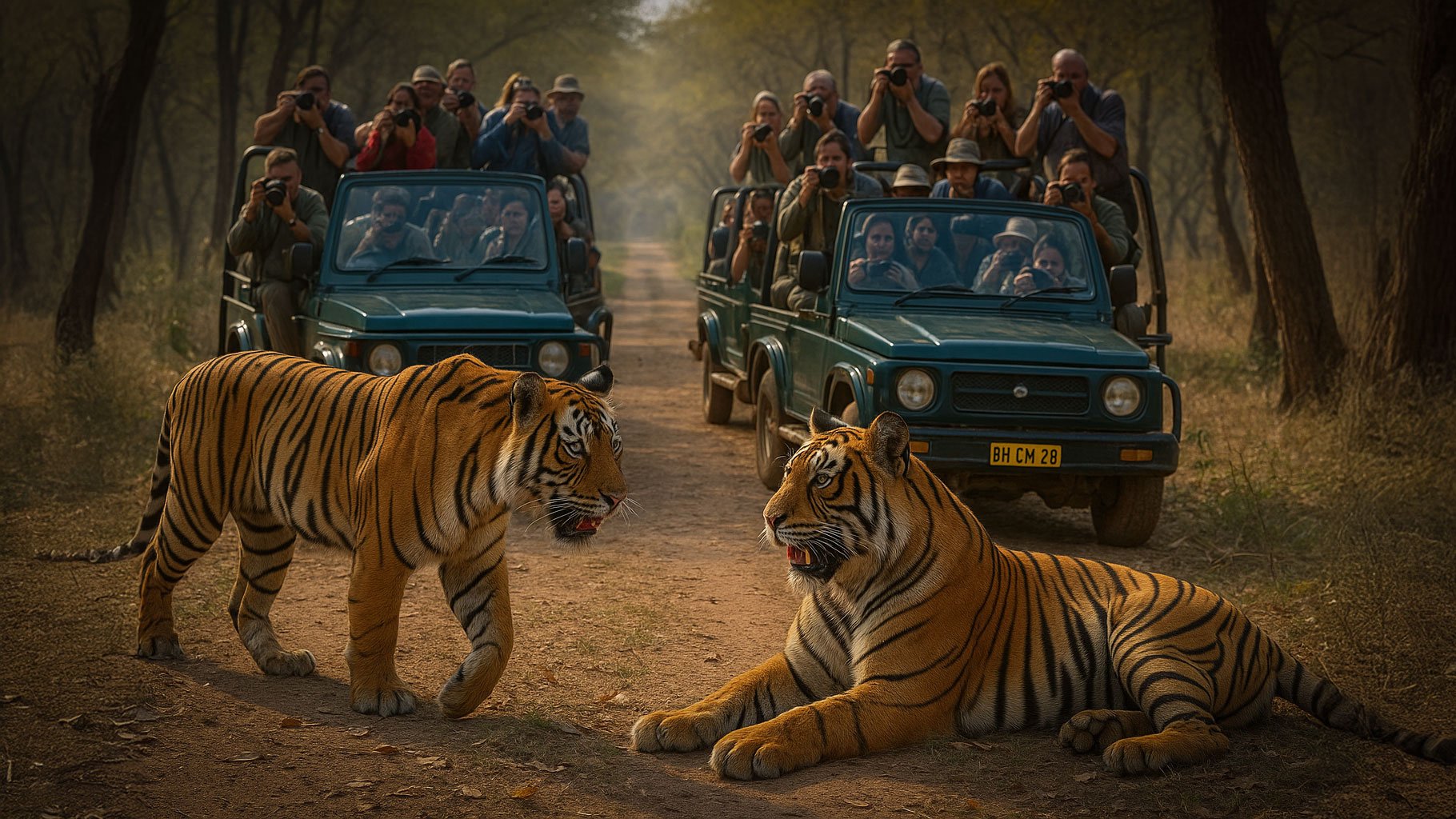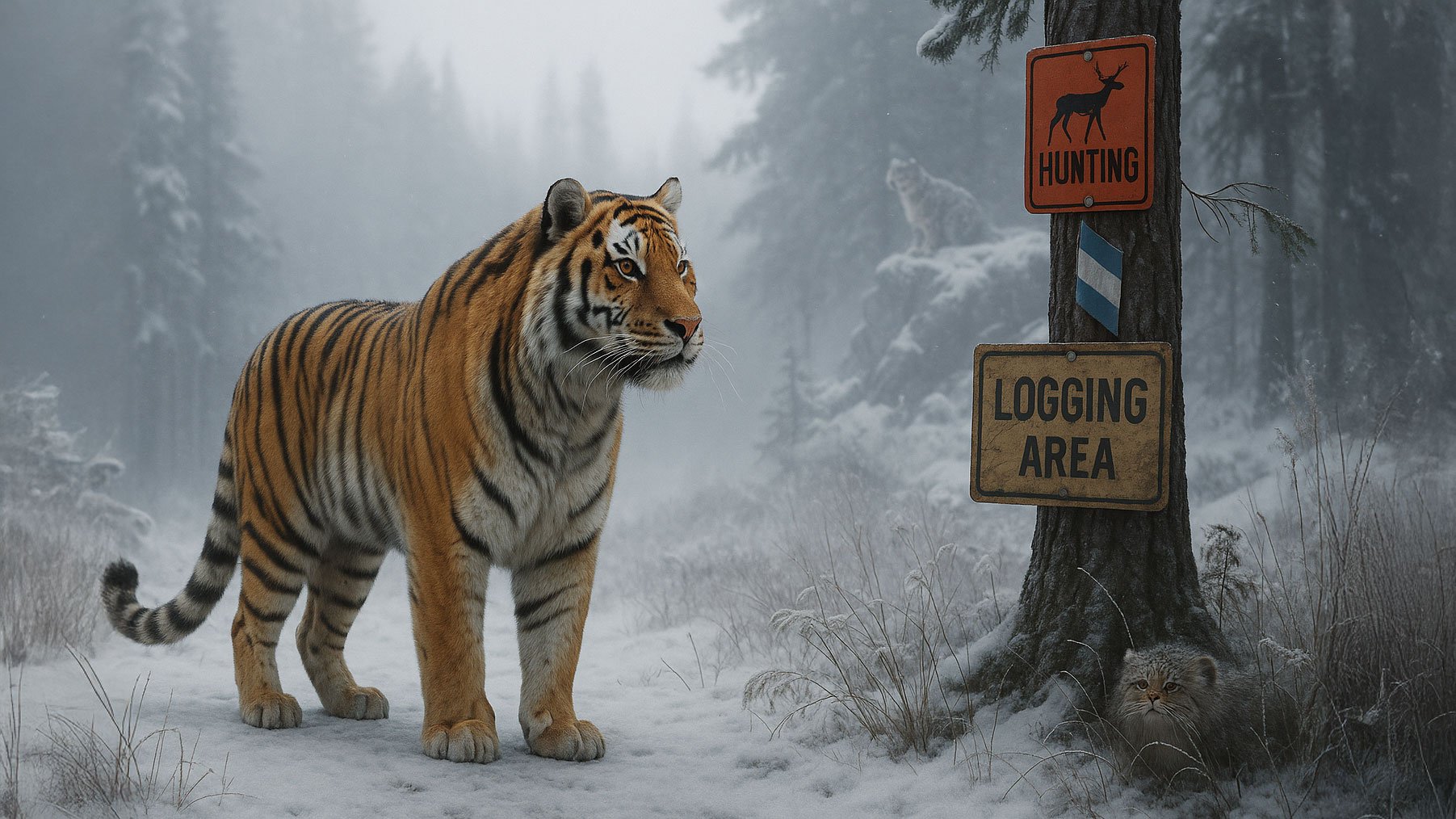Vanishing in the Shadows: The Hidden Toll of North Korea’s Illegal Wildlife Trade
Deep within the dense forests of Southeast Asia, a silent tragedy unfolds—one that few witness, but whose impact ripples across continents. At the heart of this hidden crisis is an unlikely player: North Korea.
In a country already cloaked in secrecy, something darker is brewing beyond politics and propaganda. Beneath its heavily forested mountains and quiet rural villages, North Korea has become a key transit point and possible source for one of the most insidious threats facing our planet’s biodiversity: the illegal wildlife trade.
A Network of Exploitation
Imagine a tiger, sleek and powerful, padding silently through its jungle home—unaware that its bones, eyes, and skin are prized on international black markets. Or a pangolin, the world’s most trafficked mammal, clinging to a tree, its fate sealed by ancient myths and modern greed.
Researchers and activists are increasingly alarmed that endangered species like these are being smuggled across North Korea’s porous borders. According to recent findings by the Brookings Institution and Korea Risk Group, the country’s shadowy networks enable smuggling routes that connect poachers in Southeast Asia with buyers as far away as China and even Europe. Corruption, lack of enforcement, and desperation in the face of sanctions and poverty all fuel the trade.
North Korean diplomats have even been implicated in smuggling cases abroad. Wildlife products like ivory, rhino horn, and tiger bone—used in traditional medicine or sold as luxury items—have been found in diplomatic pouches and luggage. And though the regime has long denied involvement, evidence continues to grow.
A Gateway to Extinction
The stakes are nothing short of existential for many wild cat species. Tigers are being poached for their bones, leopards for their skins, and rare jungle cats like clouded leopards and marbled cats may be caught in indiscriminate traps laid across smuggling routes.
Unlike better-documented trafficking hubs in Vietnam or Laos, North Korea remains a “black hole” in wildlife enforcement data. This absence of transparency makes it nearly impossible to assess how many animals are being lost. But the impact is clear: these routes are stripping away the last threads of survival for some of the planet’s most endangered creatures.
The Human Cost of Silence
Conservation isn’t just about saving animals—it’s about saving ourselves. The COVID-19 pandemic was a brutal reminder of how zoonotic diseases, born from the exploitation of wild animals, can upend human civilization. And yet, in places like North Korea, the illegal wildlife trade continues to flourish unchecked.
The people in North Korea are often victims too—caught between crushing poverty and powerful state structures. Many participate in smuggling simply to survive. Without education, alternatives, and international cooperation, the problem will only worsen.
What Can We Do?
While North Korea may seem far away, its actions echo globally. The first step is shedding light on this hidden crisis. Governments must pressure for transparency and wildlife crime enforcement, even in closed societies. Meanwhile, international donors can support NGOs working on the ground in Southeast Asia to disrupt poaching networks before the animals even reach North Korea.
And for the rest of us—our power lies in awareness, responsible choices, and advocacy. By supporting organizations like Big Cat Rescue, which fights tirelessly to protect wild cats in their natural habitats, we help shift the tide.
We must refuse to let these animals vanish into the shadows of secrecy and silence. Every roar, every pawprint, every wild breath matters.
Read more: https://phys.org/news/2025-05-north-korea-illegal-wildlife-threatens.html


